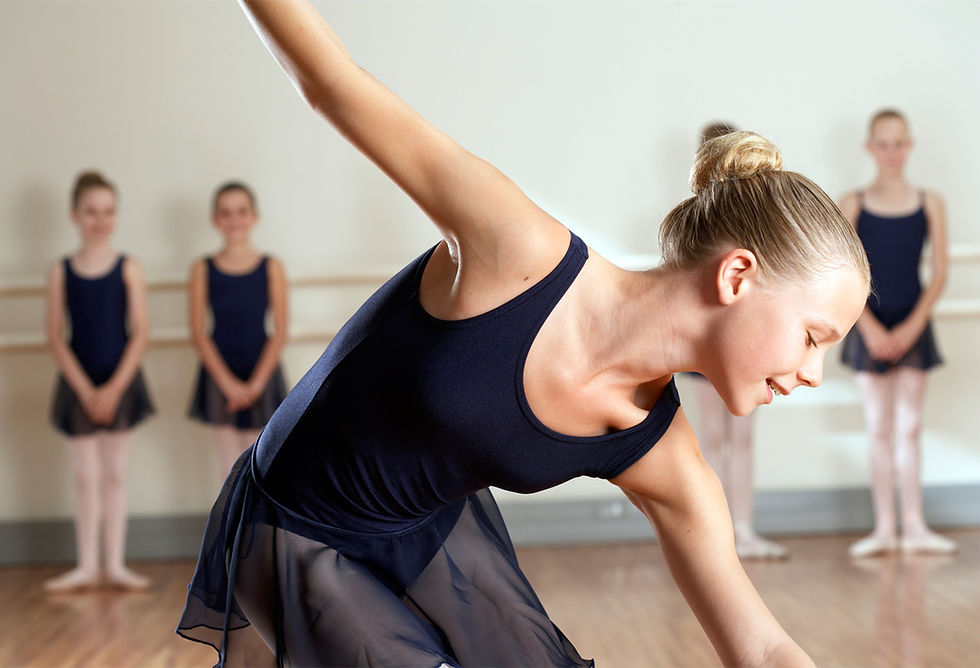Making OT fun: Using Music and Movement.
- Total Communication
- Jul 10, 2018
- 2 min read
Updated: Jul 29, 2024
Occupational therapy is a profession known for its unique practice of integrating arts and science to facilitate one’s participation in their meaningful occupations to promote health and well-being. Music and movement is one form of creative art modality that is being explored by OTs (OT) in varied clinical settings. And, developmental and physiological underpinning on the relationship between music and movement suggests that music and movement activities hold potential in facilitating fluid and rhythmic coordination in children.
As such, the occupational therapist in this Centre, explored the use of music and movement to address motor skill coordination of children as well as making OT sessions fun for all children.
"Without art, occupational therapy would become the application of scientific knowledge in a sterile vacuum” (Mosey 1981)

Interestingly, the ability to perceive rhythm, react and move in relation to it begins as early as 16th week of gestation where an apparent increase in heartbeat is observed during ultrasound when a foetus is encountered with a loud sound. Subsequent development of vestibular and cochlear system in the ear results in the transformation of music or sound vibrations into nervous influx allowing the ability to perceive music and integrate rhythmic movements seen as active movements of rolling, and graceful somersaulting during ultrasound observations. This continued and increased receptiveness to music are translated in postnatal stages due to “its promise of repetition and continuity”; similar to the reassuring synchrony with mother’s heartbeat at fetal stage.
In general, studies on infants have shown that they are able to innately elicit active motor movement that matches with the music tempo and beat, without any prompt from parents or researchers. This distinctive ability suggests that rhythm perception, also known as auditory-motor skill, is a fundamental cognitive skill that OTs could explore to elicit the fundamental motor skills (FMS) crucial for daily participation in children.
Connect with Total Communication


Comentarios